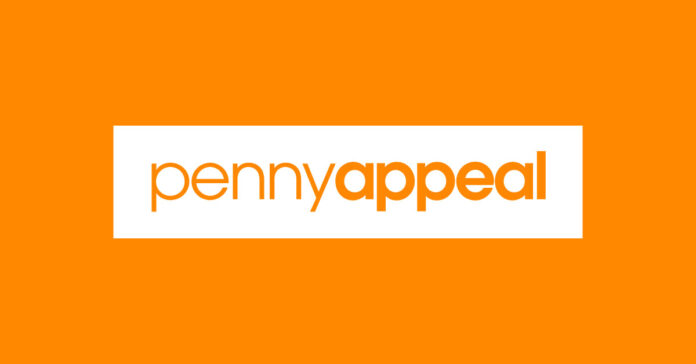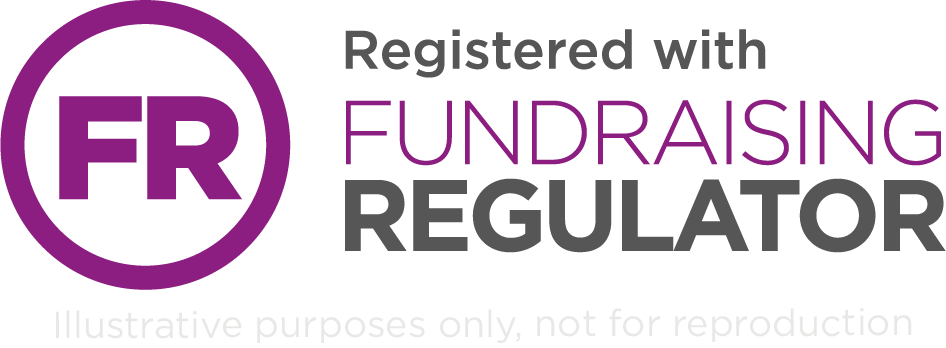The Fundraising Regulator has found that the Muslim charity Penny Appeal misled donors, did not treat donors fairly and misused funds.
The findings relate to Penny Appeal’s OrphanKind and Hifz Appeal programmes which invited donors to sponsor individual children, implying that the money raised would be used exclusively for the benefit of that child.
However, it was not made clear that those children may not benefit directly from individual donations but would instead benefit indirectly from the accumulated money raised.
Penny Appeal’s Thirst Relief Appeal was also examined as part of the investigation, and was found in breach of the regulator’s code over the use of Direct Debits.
It found that the FAQs supporting the campaign were ambiguous and did not make it clear that a monthly Direct Debit would continue after 12 months until the donor cancelled it.
Concerns
In total, the regulator received four complaints about Penny Appeal over a 12-month period, including from long-term supporters.
Subscribe to our newsletter and stay updated on the latest news and updates from around the Muslim world!
Issues raised included:
- Concerns that donations made to the charity through its child sponsorship appeals and its water and sanitation well-building programme were not being utilised for the purposes intended by the donor.
- Inaccurate recording of donors’ intentions.
- Reallocating of funds raised for a specific appeal to other areas without the notification or consent of the donors.
- Providing misleading information about the length of commitment when setting up a monthly Direct Debit.
- Poor complaints handling.
Findings
The Fundraising Regulator found that Penny Appeal did not communicate to its donors clearly enough regarding money going to specific appeals.
“The charity told us that it restricts donations to the specific appeals they were given for, such as OrphanKind, Hifz and Thirst Relief. However, it does not allocate restricted donations exclusively to a sponsored child, a specific project they were given for, or to the donor’s preferred location for building a well.
“We consider that this distinction has not been sufficiently communicated to donors either historically or currently. We have found some breaches of the code, but we have seen no evidence to suggest the money donated by the complainants was not used for the appeal they originally selected.”
Specifically regarding the OrphanKind and Hifz Appeals, the regulator found that the language used in these two appeals has the potential to lead donors to believe that they are sponsoring a particular child and that their donations will be used exclusively for the benefit of that child.
“We understand that the named children may benefit directly from donations to these appeals as they personally receive things like school uniforms and school meals. However, from what we have seen, it is not sufficiently clear to donors that children primarily benefit indirectly as the result of the accumulated sponsorship funds from these appeals being distributed to the communities or projects that the children are part of, rather than directly from their individual donations.”
The regulator also found that the charity did not have a robust record-keeping system in place, which resulted in one of the complainants’ donations for a sponsored child not being recorded correctly as Zakat, and administration fees were deducted.
Regarding ongoing Direct Debits, the regulator found that the charity breached the sections of the code that relate to treating donors fairly and misleading donors by omitting essential information which had resulted in some paying DDs longer than expected.
Recommendations
Among other things, the regulator has asked Penny Appeal to:
- Review and amend the language it uses within all its fundraising material to make sure that it is clear from the outset who benefits from donations.
- Give greater prominence to its statement explaining what it means by “where most needed” in relation to how it will use donations if it is unable to use them in line with the donor’s original request.
- Review and amend the language it uses when describing Zakat donations to make sure that it is clear that administration fees of up to 12.5% may be deducted by its implementation partners.
- Reassure itself that existing and future donors’ intentions have been and are being recorded correctly.
- Review the way it promotes its Thirst Relief Appeal so that it is clear from the outset what it means if a donor chooses to pay for the well via Direct Debit.
- Review all its current fundraising material for each of its appeals to ensure how donors’ money can or will be used is prominent and clear.
Gerald Oppenheim, Chief Executive of the Fundraising Regulator, said: “We will continue to engage with Penny Appeal as it implements the recommendations outlined in our decision to ensure its compliance with the code. We understand that fundraising appeals encouraging donors to raise money for a particular individual can be very effective.
“However, we urge all charities that pool the money raised through such appeals to ensure their fundraising material clearly reflects this and informs donors that their donations may not be used exclusively for the benefit of a specific individual or project.”
Penny Appeal has agreed to comply with all the Fundraising Regulator’s recommendations.
In a statement it said: “Penny Appeal has been working very closely with the Fundraising Regulator, and we are pleased to share that several areas of improvement recommended by the Regulator have already been actioned, we are committed to the full implementation of all recommendations.
“We have so far carried out a rigorous review of all our communications, particularly those pertaining to our core Hifz Orphan, Orphan Kind, and Thirst Relief appeals, as well as our pivotal ‘where most needed’ fund which supports some of the most vulnerable people around the world.
“As an International Charity Organisation that works to provide relief to poverty-stricken communities, we are constantly seeking new ways to improve our processes and enhance our communications and we wholeheartedly welcome the recommendations provided by the Fundraising Regulator, which assist us in carrying out our life changing projects.
“Transparency and clarity are at the forefront of everything we do, and we are keen to carry on working on improving and refining our processes in all areas of our work as we continue in our mission to support those most in need.”
Official Warning
Earlier this year, the Information Commissioner’s Office issued the charity with an Enforcement Order over its marketing activities.
And last September the Charity Commission issued Penny Appeal with an Official Warning after several meetings with the charity’s trustees and an inspection of the charity’s records and financial accounts.
Responding to the Charity Commission decision, Penny Appeal said it accepts the findings.
Tracy Howarth, Assistant Director for Casework at the Charity Commission, said: “Improvements have been made at Penny Appeal after several years of engagement about a series of weaknesses and shortcomings in the charity’s governance.
“This is a charity which receives significant support and donations from the public – it is extremely important that its governance is fit for purpose.
“The actions already taken have strengthened how the charity is run, and we are following up on the outstanding actions, which the trustees have assured us will be promptly addressed.”






















